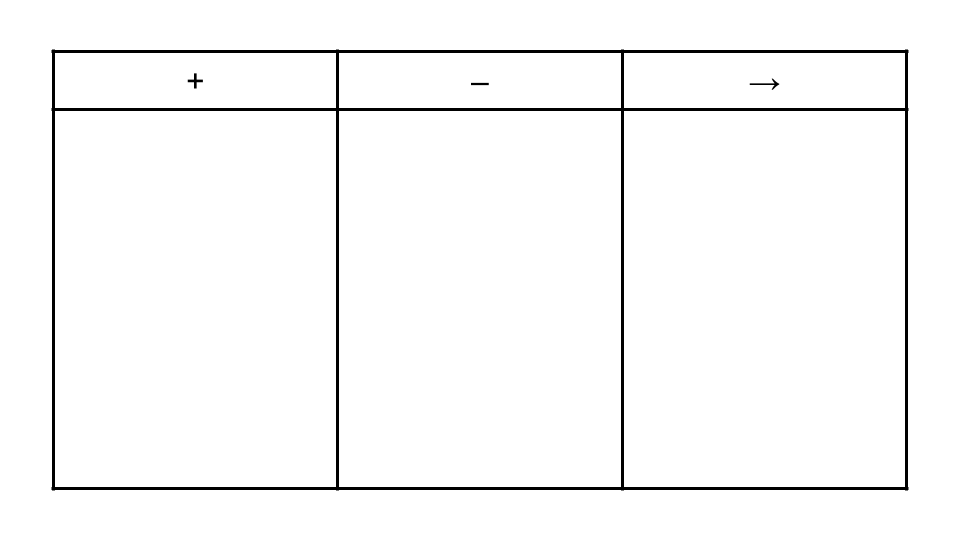Every Sunday evening, I sit down for a weekly review. It’s easy to mindlessly go through a task list without ever stopping to ask whether these tasks align with our goals. The weekly review is an opportunity for self-reflection and decision making.
“The Weekly Review will sharpen your intuitive focus on your important projects as you deal with the flood of new input and potential distractions coming at you the rest of the week.”
David Allen.
Direct your life with intention
Checking tasks off a daily to-do list is not enough to make meaningful progress in life and work. While a weekly review may seem like additional work, it’s a great safeguard against productivity for the sake of productivity. It has the power drive better decision making by clarifying your thinking.
The weekly review is not quite like traditional journaling, but they can be combined. While journaling is mostly about confronting your thoughts and emotions, the weekly review is about reflecting on what went well and what didn’t during the past week, and planning for the week ahead. For this, I like to use the Plus Minus Next template.

In the first column, write everything that went well. In the second column, everything that didn’t go as you planned. And in the third column, what you plan to do the following week. It’s that simple. I enjoy filling it week after week because it’s fast, flexible, and future-focused.
In addition to the Plus Minus Next template, you may want to answer these growth mindset questions:
- What am I struggling with right now?
- What do I want to learn by the end of this week?
- What is one thing I will try that will get me out of my comfort zone?
- Who can I reach out to for help this week?
There are many weekly review templates out there. Some are longer, others are shorter; some have a fixed framework to follow, others are more flexible. What ultimately matters is to find an approach you can actually stick to, so it becomes part of your weekly routine.
“Instead of wondering why we haven’t accomplished our goals only when January 1 rolls around, a weekly review gives you 52 opportunities to start fresh. 52 chances to improve on the previous week. 52 moments in time to learn more about ourselves and how we work.”
Fadeke Adegbuyi.
Create a weekly review ritual
As with many useful activities, the hardest part is often to turn them into rituals—or even into habits. When it comes to the weekly review, a few principles may help integrate the practice into your life.
- Pick a consistent day, time, and place. Consistency is key in building habits. Don’t add to your cognitive load by repeatedly asking yourself when and where you should sit down to write your weekly review. Instead, use time blocking and book yourself a weekly session in a specific place.
- Be kind to yourself. Don’t beat yourself up when you had a bad week and didn’t achieve the goals you set up for yourself. A weekly review is as much retrospective as it is prospective. Don’t judge, try to understand: why did things go wrong? How can you approach them differently next week?
- Consistently improve your weekly review process. Having a growth mindset is about seeing everything as an experiment. Don’t feel like you have to stick to your weekly review template if it doesn’t work for you. It’s okay to try different approaches. Too long? Make it shorter. Too rigid? Add space for flexibility. It may feel a bit meta, but the weekly review is also a time where you can evaluate your weekly review process.
You will notice that a week rarely turns out how you imagined it. And that’s alright. The weekly review is an opportunity to practice metacognition and become more aware of your productivity and thought processes. It’s a way to ensure you are working in the right direction.
